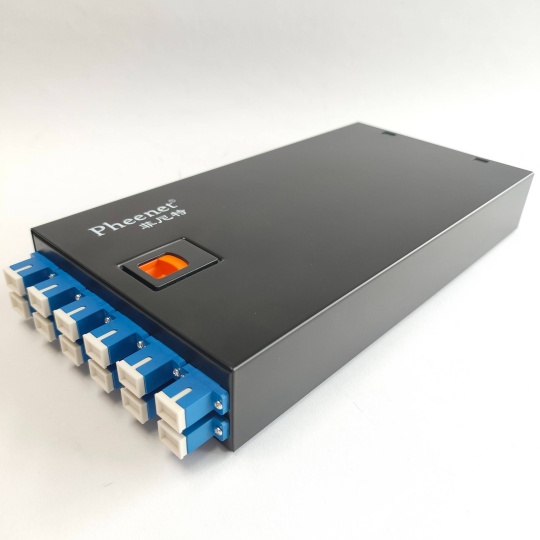What are the common applications of industrial cable in the automotiv...
Industrial cables play a vital role in the automotive industry, enabling the smooth operation of various systems. Here are their common applications along with practical solutions:
Power Transmission
Vehicles rely on industrial cables to transmit electrical power from the battery to crucial components like the starter motor, alternator, and lighting systems. To ensure efficient power transfer, choose cables with appropriate gauge sizes. A too-small gauge can cause voltage drops, while an overly large one adds unnecessary weight. Opt for copper cables as they offer excellent conductivity, ensuring minimal power loss.
Data Communication
Modern cars are equipped with numerous electronic control units (ECUs) that need to communicate. Industrial cables, such as twisted-pair cables, facilitate data transmission between ECUs for functions like engine management, anti-lock braking systems (ABS), and infotainment. To prevent signal interference, use shielded cables. This helps maintain the integrity of data signals, ensuring accurate and timely communication between different systems.
Sensor Connectivity
Sensors placed throughout the vehicle, like those for temperature, pressure, and proximity, rely on industrial cables to send data to the central control system. For harsh environments under the hood, select cables with high-temperature resistance and durability. This ensures reliable sensor data transmission even in extreme conditions.
Charging Systems (Electric Vehicles)
In electric vehicles, industrial cables are essential for the charging system, connecting the charging port to the battery. These cables must handle high voltages and currents. Look for cables with proper insulation and shielding to ensure safety during charging. Additionally, choosing cables with flexibility makes installation and handling easier.
By understanding these common applications and selecting the right industrial cables based on the specific requirements, you can ensure the reliable and efficient operation of automotive systems.











